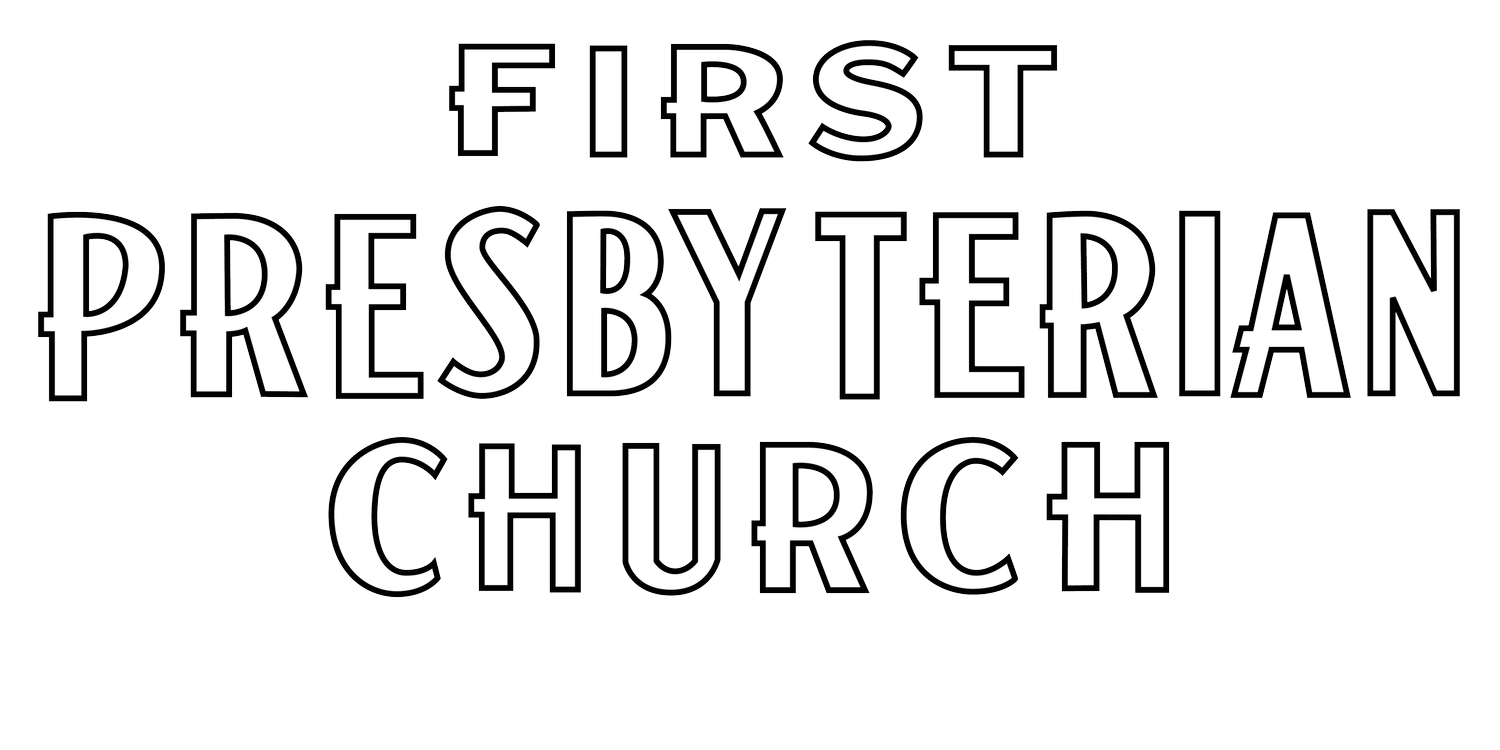Takes One to Know One
Luke 2:8-20
I don’t think God does anything without purpose, but sometimes we can only guess what that is. As I thought about the well-worn scene of the angel and heavenly host appearing to the shepherds to announce the birth of Jesus, it lit up to me as laying a foundation for future lessons by the creation of a full circle. To recap, an angel appears in the fields to the sheep-guarders and was joined by the armies of heaven coming down to voice their praise and bestow peace on those with whom God is pleased. This “host” is the celebration squad when important events take place in the life of Jesus, and they were there to sing backup to the angel’s anthem of good news. The shepherds took the message to heart and left their flocks to search for the baby in the manger. After finding him just as described, they told everyone what had happened and went back to their sheep, glorifying and praising God.
That heavenly host is partial to rejoicing, and that brought to mind another story about their joyful merry-making. This is when the circle showed itself.
This story starts with the heavenly host rejoicing as the announcement is made to the shepherds. Then the herdsman left their flocks of lambs to find the one. That one lamb grew up and became the shepherd, who then told about leaving the 99 to find the one. When the finder returned with the lost sheep on his shoulders, he called together his friends and relayed what had happened to all of his neighbors. And who, then, do you think closes out the party? Why, it’s those same giddy heaven folk.
Is it possible that the shepherds were the first to hear because it takes one to know one, and because they foreshadow that Jesus will be the shepherd of his people? Was it them because Jesus was also the lamb– the one they left their flocks to find — and that was the crux of the good news that he came to bring?
Maybe the host of heaven knew. Maybe they were rejoicing at the beginning of the story because they knew the end of it — the lamb found. And the shepherds, it seems then, were the perfect audience.
